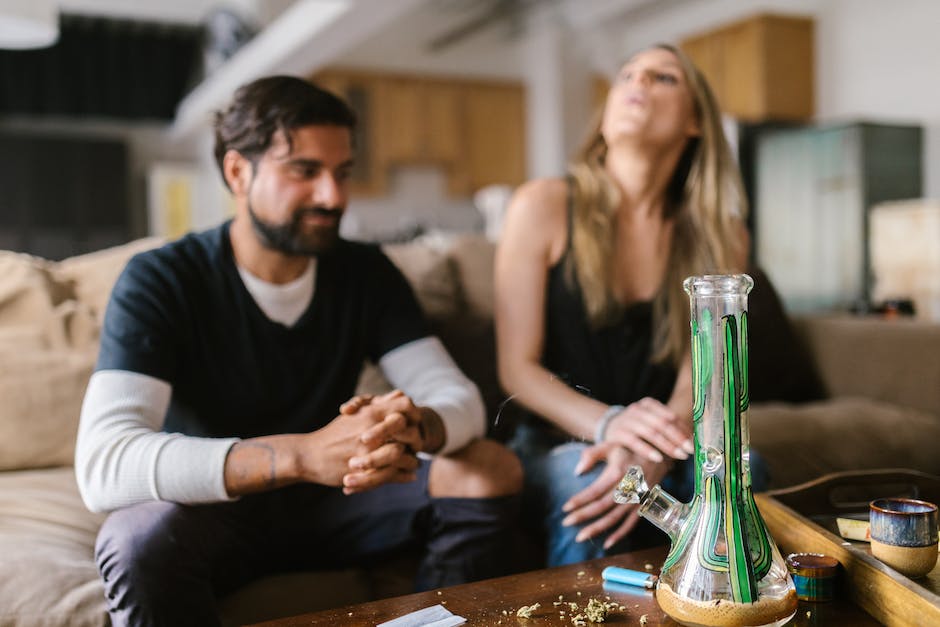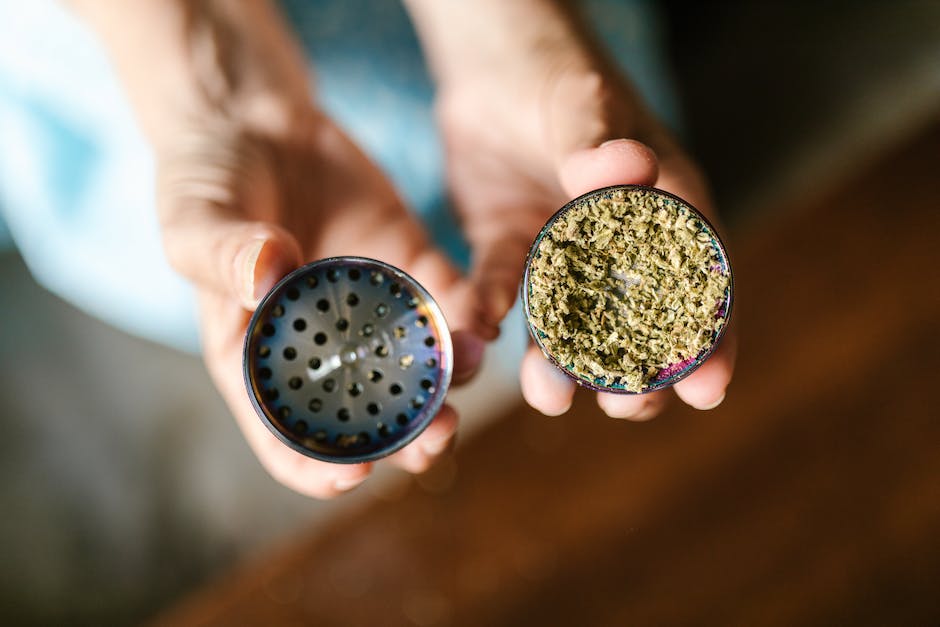As of now, there’s no legal way to purchase cannabis in California. This is primarily due to the state’s current lack of laws regarding it. As of now, there are no regulations regarding where you can buy cannabis, how you can purchase it, or even if you can buy it!
As of now, both medicinal and recreational cannabis is permitted in the state. The only difference is that medicinal cannabis is not currently permitted to be sold to consumers. Instead, physicians can issue medical marijuana prescriptions.
This article will go into detail about the different types of cannabis and the laws governing them, as well as the standards and guidelines for consumer use.
Marijuana is not legal for minors
As of right now, California does not have a legal age for marijuana. However, due to its effects on children’s development, the Department of Public Health has set standards for minors who are allowed to have cannabis in their possession.
To legally possess an ounce of marijuana, you must be at least 21 years of age and have a medical marijuana card. To buy an ounce, you must be at least 18 and have a license to sell marijuana or a joint social seller license. To grow your own or buy from a licensed source, you must be at least 16 and have permission from your parents.
There are three main ways to acquire cannabis in California: by retail store, by doctor’s office prescription, or by grows/smokes/transit.
Home grow restrictions
While there are currently no restrictions on how large a person can grow cannabis in the City and State laws, there are regulations. Private property owners are required to allow access by law for purposes of conducting agricultural research, cultivating marijuana, and selling products.
Under the Agricultural & Food Law, plant researchers have the right to enter a home to conduct research on their plants. Likewise, under the Health & Safety Law, researchers have access to drugs and devices for medical treatment.
While not criminalized in most neighborhoods, growing cannabis is still considered gardening and may be construed as doing “gardening” without a license. Nevertheless, since only cultivation products are legal under current California law, most growers do not have licenses.
This is where the difficulty in obtaining a cannabis gardeners license lies.
Dispensary shopping tips
While the online shopping revolution has changed how people do business and how companies approach customer service, it also has changed how people behave in public.
Conducting business or shopping in a dispensary is intended to be non-confrontational and focused on the items being sold, not on the person buying them. Because there are no legal means of selling to minors, proprietors typically screen out prospective buyers using a questionnaire and/or by asking if they are 21 years of age and older.
Because the space is private and focus is on the products being purchased, there are no exposed bodies or inappropriate behavior that might make someone feel uncomfortable. Since it is often considered a ‘niched’ behavior where people go to see if something happens, many consider it ‘normal’ as well.
Consumer confidence in general is low so it makes sense that consumers would be more careful in deciding where to buy cannabis, however, owned’s extra diligence cannot be assumed by all members of the public.
Medical marijuana still exists
In California, there is still a medical marijuana system called the De-ABILITYment Program (DACP). This program was created in 1984 to aid in the treatment of psychiatric and behavioral problems that were preventable with medication.
In DACP, you can apply for a card that allows you to buy marijuana from a state-licensed dispensary. You can also grow your own or receive it from your doctor. There are currently over 100 DACP locations throughout the state!
Once you get your card, you can go to any DACP location and purchase up to an ounce of marijuana and/or seeds and plants. You can also transfer your card to another person if you lose it at home, as the dispensaries are all at different locations.
Know your product
Before you start selling cannabis, you must complete the knowledge and understanding of your product. It is important to learn how it can be packaged, how it is labeled, and any other regulations that apply to your business.
There are a few things that are off-limits to advertise or sell, such as where and how children are exposed to cannabis. So, before you offer your product to consumers, they must go through a legal testing program to confirm its safety.
Many law enforcement agencies use test results for their customers’ awareness of cannabis laws, so an accurate score can save someone from being arrested or subjected to a limited use policy at their place of business. Many states now require prior authorization for purchasing cannabis, which means people cannot just walk into a store and buy it.
Learn your limits
early-stage cannabis operations are always going to have a few mistakes that customers can make as they try to understand and comply with the new laws and regulations. These are not enough to rule you out, but they are worth knowing so you can avoid them!
Many people try to attend a CBD (cannabinoids and terpenes) cannabis class but aren’t sure if it will work for them. Some people are looking into getting a medical marijuana card but aren’t sure if it will help or not. Even people who have used marijuana in the past may be afraid of how it will affect them.
These things all raise questions about what the rules are, who has authority to give out these rules, and whether or not they meet my personal needs.
These things all raise questions about what the rules are, who has authority to give out the rules, and whether or not they meet personal needs.
Don’t drive high
While most drugs are safe to drive high for, there are some important restrictions. You can’t drive high for longer than an intended travel distance, you can’t dose up in public places, and you must be at a supervised location or authorized by the cannabis when taking advantage of the drug.
Most commonly, people who drive high use a ride-share service like Uber or a car dealership’s livery service. Neither of these services have regulations about how much THC a consumer may have, so it is not uncommon to find drivers with very large doses.
However, since this article is about California cannabis laws and regulations for consumers, we will skip ahead to the next bullet point if we begin to run out of space.
Get a job in the industry
While it is not necessary to get a job in the cannabis industry to understand and understand for yourself the laws and regulations for consumers in California, doing things outside of your job that involve the cannabis industry is an excellent way to learn.
Many marijuana businesses have continuing education programs where you can go and receive credits for lessons you have learned as a consumer. business. Some even offer training for first time users like you.
If you have recently acquired access to cannabis as a consumer and have questions, you can always visit your local dispensary or a weed store to inquire. Most staff will be able to help you as they are also regular users of the drug and know what works for them.
At a local scale, Cannabis Policy Foundation has launched its Intermediate Cannabis Consumption Course.









